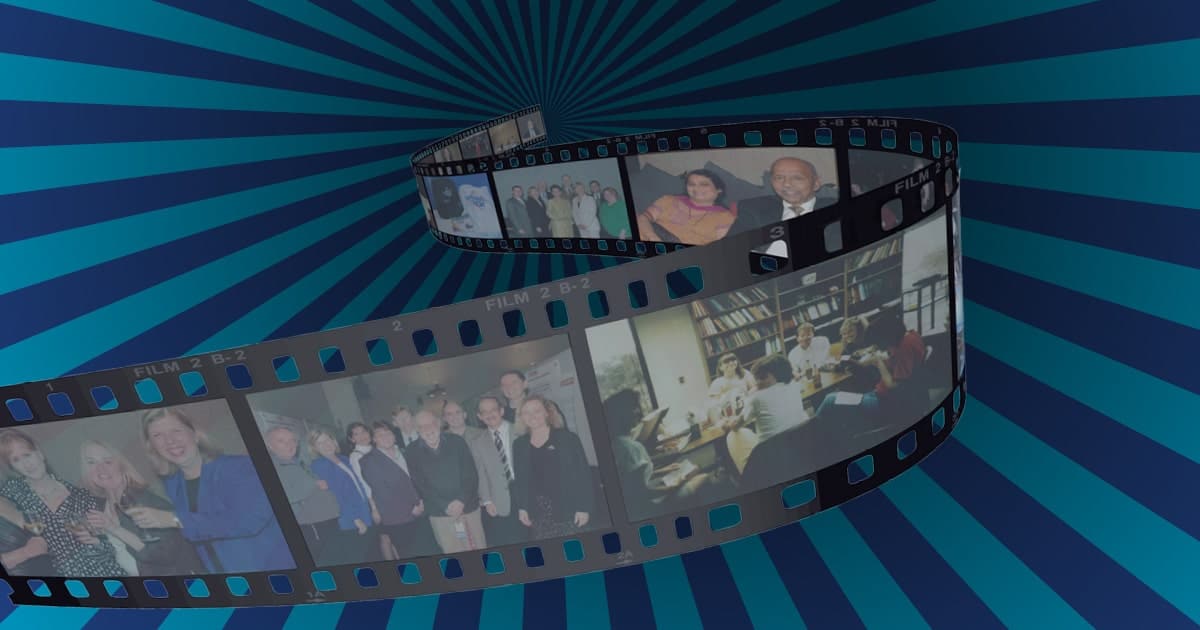By Hashir Aazh and Ali A. Danesh
Tinnitus is the sensation of sound without any external acoustic source. Hyperacusis is intolerance of certain everyday sounds that causes significant distress and impairment in social, occupational, recreational, and other day-to-day activities (Aazh et al, 2016).
In hyperacusis patients, the sounds may be perceived as uncomfortably loud, unpleasant, frightening, or painful (Tyler et al, 2014). There are several randomized-controlled trials (RCTs) supporting the efficacy of cognitive behavioral therapy (CBT) for tinnitus and hyperacusis rehabilitation (Martinez-Devesa et al, 2010; Cima et al, 2012; Juris et al, 2014).
CBT is a psychological intervention that aims to alleviate distress by helping the patient to modify their unhelpful, erroneous cognitions and safety-seeking behaviors using behavioral and cognitive tasks (Beck, 1976; Clark et al, 1999).
The content of the CBT intervention for tinnitus and/or hyperacusis used in these studies typically involves the following:
- Education based on a CBT model of the processes underlying the distress caused by the tinnitus/hyperacusis,
- General use of counseling skills and empathic listening,
- A diary of thoughts and feelings to help the patient identify their unhelpful thoughts and change them,
- Relaxation exercises, and
- Patient encouragement to reduce their avoidance behavior with the use of behavioral experiments (Martinez-Devesa et al, 2010; Cima et al, 2012; Juris et al, 2014).
However, these studies were based on CBT delivered by qualified psychologists, not audiologists.
We observed that an audiologist-delivered CBT platform showed promising results. A close working alliance between audiology and mental health services is key for a safe and effective therapy for patients experiencing tinnitus and hyperacusis.
Recent Posts
Why Do Elephants Have Such Big Ears?
African elephants have the largest ears of any animal, sometimes growing more than six feet long and five feet wide. An elephant’s ears are used…
Founders’ Day
The 32 audiologists gathered in Houston, Texas, in 1988 to discuss the formation of a national association of audiologists. On January 30, 1988, 32 audiologists met…
House Minibus Advances with Mixed Outcomes for EHDI
Last week, the U.S. House of Representatives passed a fiscal year (FY) 2026 minibus appropriations package that includes the Labor, Health and Human Services, and…


